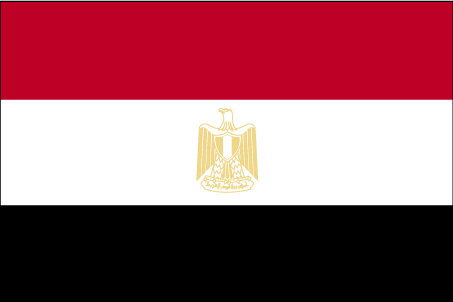
This train keeps rolling!
Elvis, we are now told, has truly "left the building," as Mubarak has handed power to the senior military council.
So the journey along Wikistrat's 1-2-3-4 scenarios is complete: explosive rip of initial protests shakes everything up but triggers no Tunisia-like fall, then the steady drip of protests, strikes, defections, etc, pushes Mubarak into a number of "slips", none of which placate the mob. Eventually, the military steps in (apparently Leon Panetta's prediction was dead-on and just a few hours off) and takes the Turkish path (assuming temporary rule but promising the much-desired free elections).
The table has been run.
We've been saying for a while that this was our preferred exit glidepath: Mubarak stops being useful the minute the military decides it can assume the same role - that of the stabilizer that will safeguard the necessary transition. My only concern, all along, has been that the elections come no faster than planned (and there are some on the democracy side who are already arguing that more time is needed), so, if the military sticks with that clear marker, that's a decent stretch, maybe not enough for everybody to compete to their full capacity, but long enough for it to work. Since the Egyptian military is coming through this so nicely, I think it's clear that they have the political capital to slow things down (once the celebrations cease), convene the talks necessary for some sort of interim government (hopefully not so inclusive that the infighting starts prematurely, because it would be better for that to await the campaign), and work with that government to set the rules for the election. One way to prevent any dangerous struggle would be to rule out anybody from the unity cabinet (or whatever it's called) from running for president.
Anyway, nice ending to a utilitarian stretch of unrest (not too violent, deaths in hundreds, but gets the job done with just enough time lapsed so it doesn't dissolve into chaotic-like conditions), and you have to wonder if the opposition movement in Iran doesn't get jacked back up in response.
Now the quasi-negotiating dynamic is between mob and military (which should be a lot more relaxed, one hopes, given the latter's standing), so we see if the army is smart enough to lift the emergency rule ASAP as a signal that things are going to be different and that they are committed to the implied path of democratization. With enough of an immediate freedom agenda, it's possible that the elections could be set for a year from now, which would probably make everybody happy enough - again, if the political climate was immediately altered and altered profoundly in the direction of liberated activity, freedom of the press and assembly, self-organization and the like. Across that year, then, you'd see all manner of economic aid, along with political support from the usual array of ambitious characters, so giving everybody that length of time to adjust could work well. The trick, in my mind, is not letting anybody who sits at the big interim table to simultaneously run for president. One hopes there's enough solid personages to cover both dynamics (interim and campaign).
But again, very positive stuff for the West at a time when we really needed some good news and are surprised to get it (Tunisia, Egypt - so far) from the Middle East/North Africa.